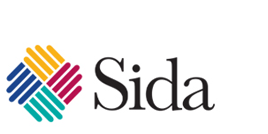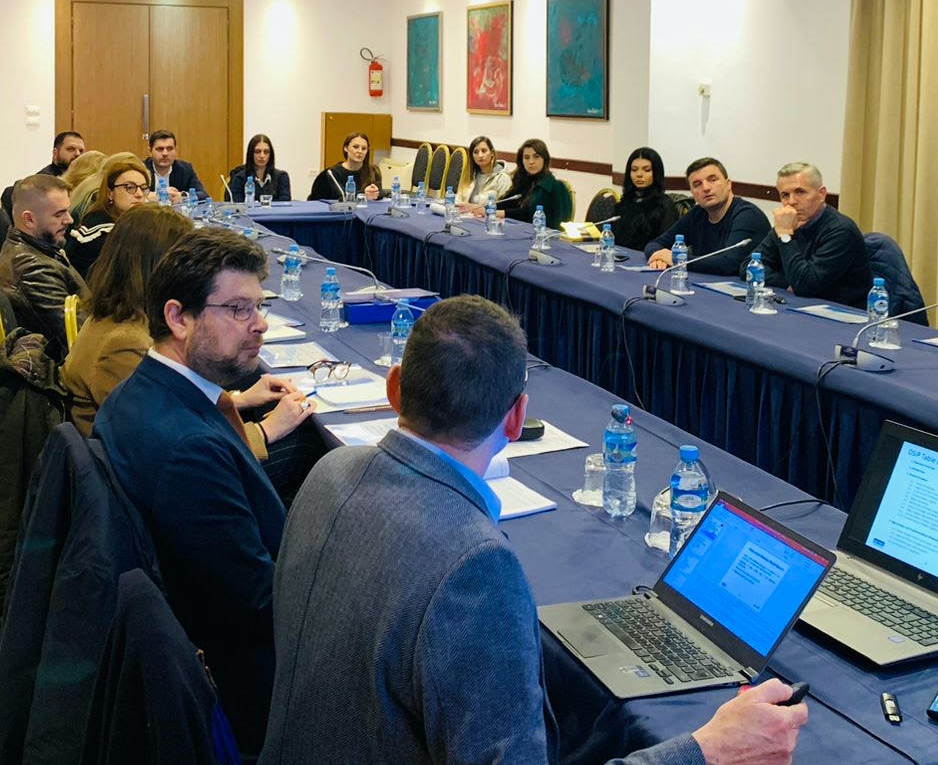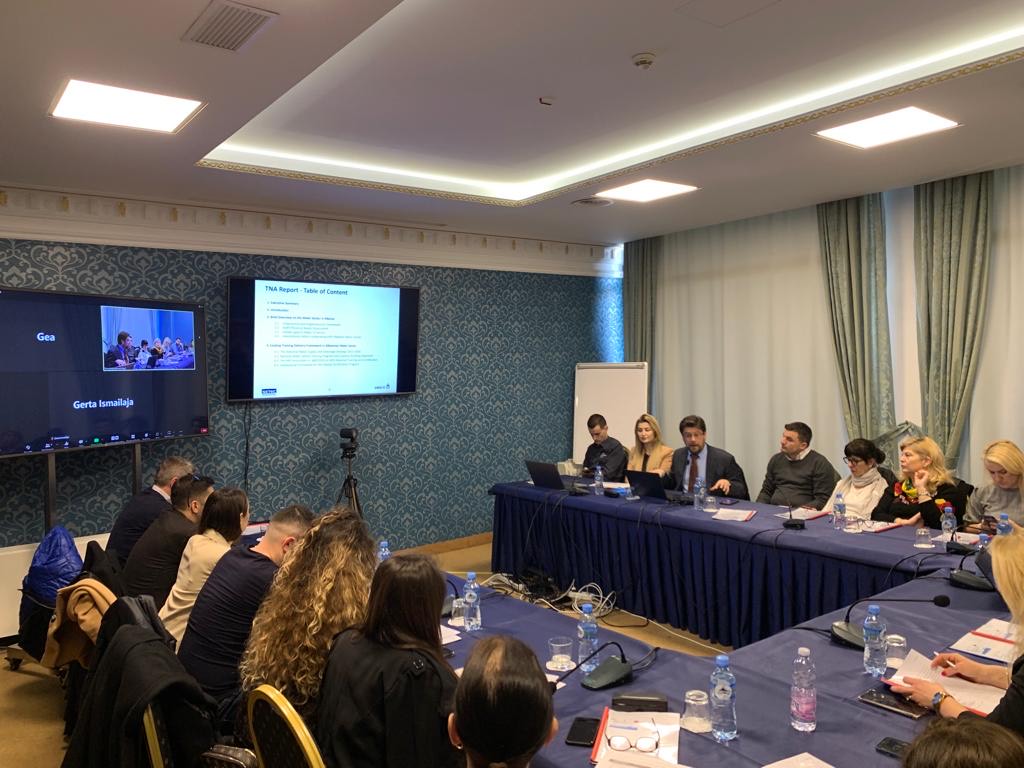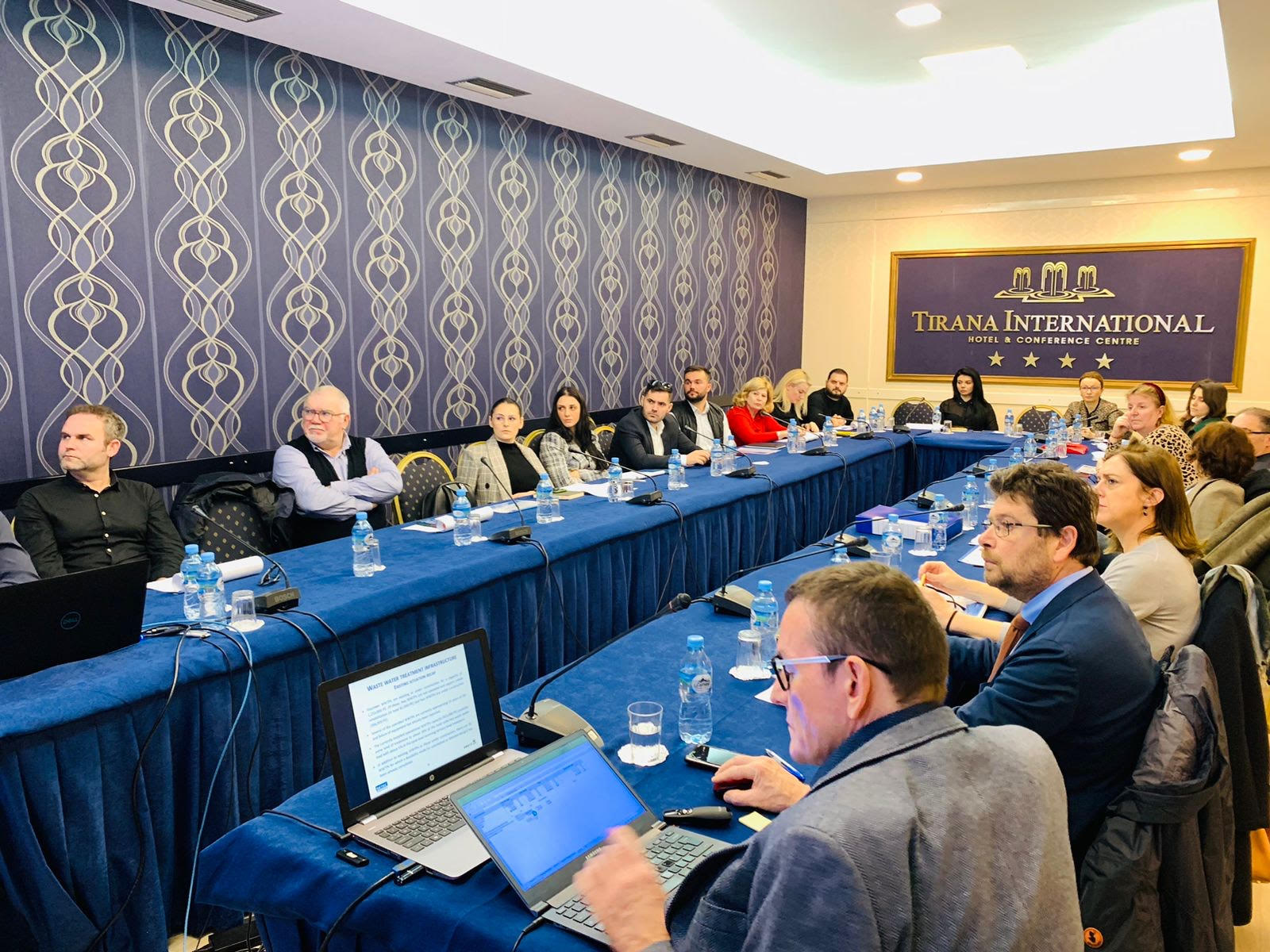Within the frame of the NIPS Project, on Tuesday, 13 November, the key stakeholders of the water sector in Albania gathered in Tirana for the 4th working group’s meeting to discuss the draft final draft of the Directive Specific Implementation Plan for Council Directive of 98/83/EC on the quality of water intended for human consumption (DSIP – DWD).
During this meeting the NIPS experts shared with the working group members the gap analysis and measures focused on key areas of capital investment, legal, policy, and institutional followed by an overall cost estimation and implementation plan.
Investment measures
Based on the present situation and a thorough gap analsysis the experts have Identified that the following investment measures for the Albanian water supply infrastructure have to be implemented in order to become compliant with the EU Drinking Water Directive:
- Construction of new wells and springs for 108 Water Supply Zones with an additional capacity of 36,606 m3/day;
- Replacement and rehabilitation of about 800 wells and springs;
- Construction of new and rehabilitation of 1,016 chlorination facilities and rehabilitation of one water treatment plant;
- Extension of the existing water supply network by 2,122 km including reservoirs with a total capacity of 25,498 m³ and 91,719 service connections;
- Rehabilitation/replacement of 4,296 km of distribution network and 1,227 km of transmission mains including 233 pumping stations (51 % of existing ones),
- 1,529 reservoirs (35 % of existing ones)
- 403,192 service connections (45 % of existing ones);
- Establishment of an accredited laboratory for water supply analysis in each of the 15 Water and Sewerage Utilities and procure additional laboratory equipment for 36 local health care units.
Legal framework
For achieving legal compliance, the following task are still lying ahead:
- to amend and improve the existing legislation. Some of the gaps will be addressed through the adoption of the draft Law on Waters and related secondary legislation (currently in the consultation phase).
- to transpose Directive 2015/1787, and to apply Water Safety Plans (WSPs) to all water supply systems (initially as a non-binding measure), and to initiate the transposition of the DWD 2184/2020.
- To complete transposition and implementation of the DWD 2184/2020.
Institutional and policy measures
The institutional measures are focussing on capacity building, i.e. training and support for development of tools and measures. Following an overview about the main topics for which capacity building measueres are propesed:
- AKUM – asset management support (GIS), preparation of regional master plans and project and program management support
- MHSP/IPH including Local Health Care Units (LHCUs) and WSSCs – development of and training in: customer service standards, water quality monitoring and guidelines for remedial actions, database for water quality monitoring data; and tools and mechanisms to make water quality data publicly available.
Proposed general policy measures include:
- preparation of an updated nation inventory for Sanitary Protection Zones (SPZs) disinfection facilities, and water supply network
- staff increase at MHSP and AKUM
- implementation of the institutional reform process for WSSCs.
Overall investment and time frame
The costs for the above measures to achieve full compliance of the drinking water quality are estimated at 1.458 MEUR to be invested during a period of 26 years from 2025 to 2050. Such implementation of all investment measures will require high financial efforts and strengthening the capacities of all involved stakeholders, to ensure long-term sustainability, efficiency and reliability of the services related to water quality.
Discussion with stakeholders and next steps
Discussions of participants were focused on scenarios and draft final plan revealed in this meeting. Key focus was on the considerations of the limitations and challenges of financial and human capacities of the Albanian Government and other legal, institutional and administrative constraints or encounters that might oppose.
The consolidated version of DSIP DWD will be shared in a larger auditorium involving all national and international relevant stakeholders and actors on 18 January 2023 in Tirana.
The working group participants represented 10 central government entities and international development agencies: the National Agency of Water Supply, Sewerage and Waste Infrastructure (AKUM), the Ministry of Infrastructure and Energy (MoIE), the Ministry of Health and Social Protection (MHSC), the Ministry of Agriculture and Rural Development (MoARD), Water Supply and Sewerage Association in Albania (SHUKALB), the National Environment Agency (NEA), Water Supply Sector Regulatory Authority (ERRU), Agency for the Management of Water Resources (AMBU), Centre of Agriculture Technology Transfer (CATT), GIZ Albania and NIPS Project.


















